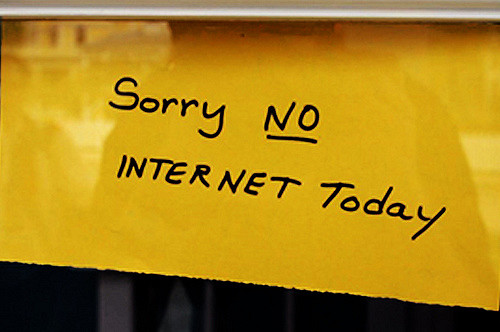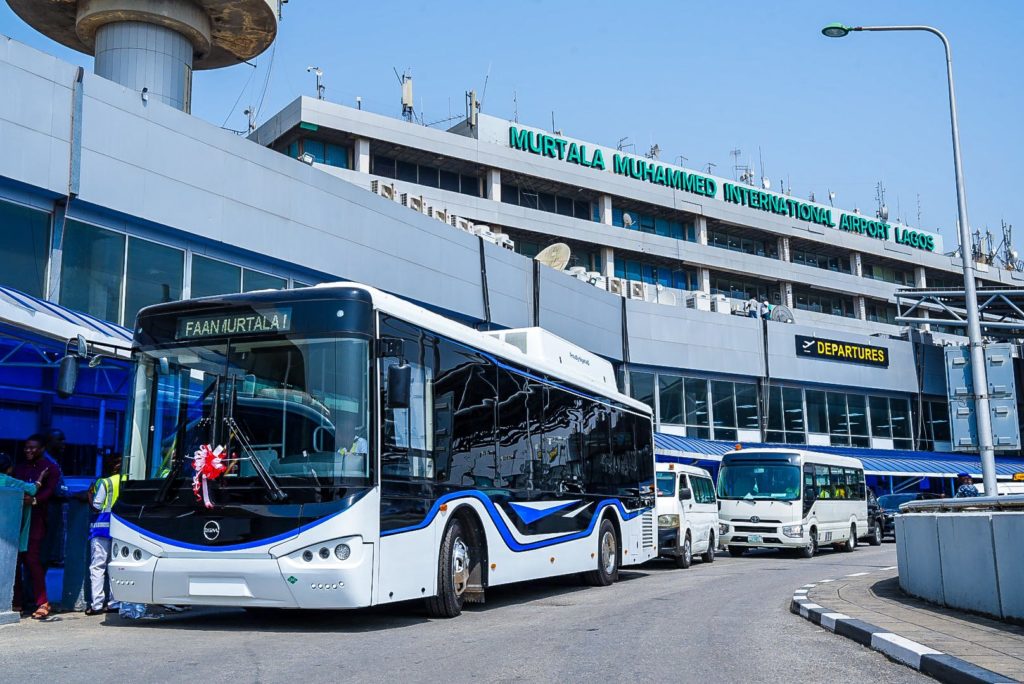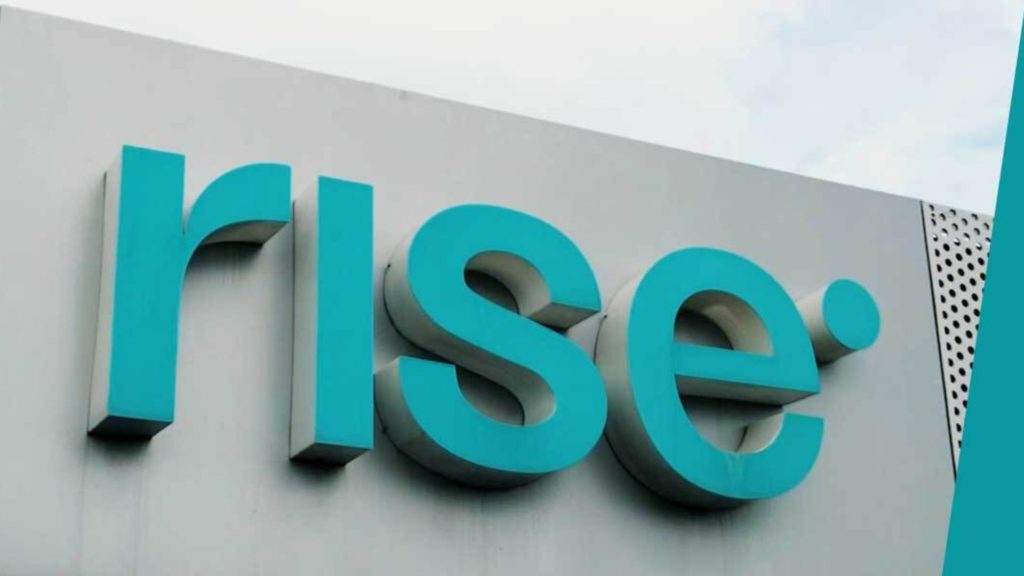The government has shut down Senegal’s internet again after an internet shutdown in June and the awarding of a 5G licence two weeks ago, following Friday’s arrest of opposition leader, Ousmane Sonko.
Citing a need to prevent disturbances to public order, Senegal’s government has shut down the internet. In a statement signed by Moussa Bocar Thiam, the minister of Communications, telecommunications, and Digital Economy, and shared on Twitter, telephone operators were required to comply with the shutdown. “Due to the dissemination of hateful and subversive messages relayed on social media in a context of disturbance to public order, the internet’s mobile data is temporarily suspended during certain time slots from Monday, July 31, 2023,” the statement read. Ousmane Sonko, a popular opposition leader was arrested last Friday.
In early June, the government shut down Senegal’s internet following the arrest of Sonko. According to data from Cloudflare Radar, a hub that showcases global internet traffic, internet usage in Senegal dropped by 37% from the previous day and had dropped to near zero for some telcos. This is the second time the government has shut down the internet in two months. According to some estimates, the country lost $300,000 per hour due to the June shutdown.
Since the 2011 Arab Spring, internet shutdowns have become a frequent way governments have sought to establish control. Last year, seven African countries imposed shutdowns nine times, a significant decrease from 2021, when 12 countries disrupted the internet 19 times.
This shutdown comes after the government awarded the country’s first 5G licence two weeks ago. Sonatel, a telco company, outbid its competitors with a XOF34.5 billion ($59.1 million) bid—12 times the second-highest bidder to win the licence. Although the licence was provisional, it hinted that the government was willing to move away from a restrictive position. But today’s shutdown has shown that not to be true.


















